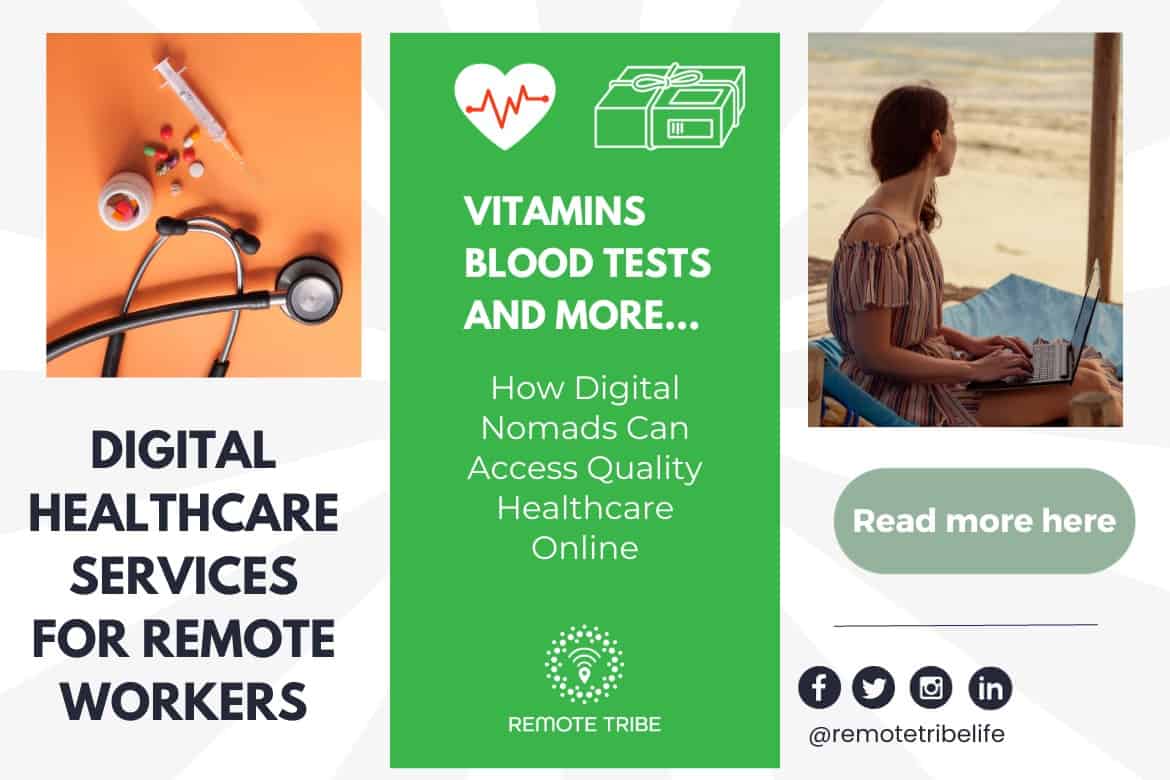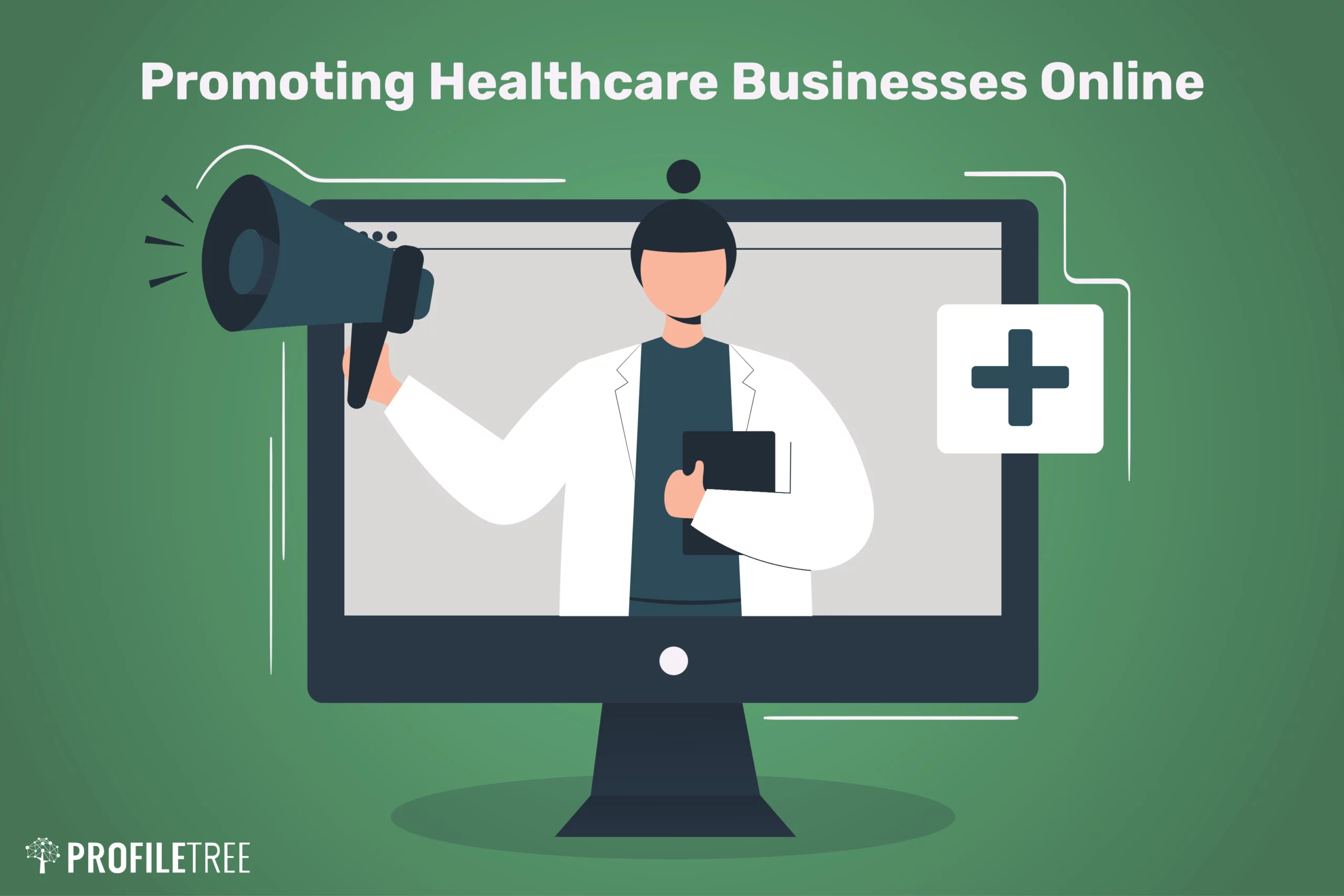A Comprehensive Overview to Subscription Based Healthcare: What You Required to Know
A Comprehensive Overview to Subscription Based Healthcare: What You Required to Know
Blog Article
The Rise of Subscription-Based Medical Care and Its Impact on Person Care
As medical care advances, the subscription-based model is obtaining traction, guaranteeing to transform patient treatment by providing predictability and accessibility. The potential for these models to reshape health care shipment elevates pushing questions concerning their lasting sustainability and inclusivity. Are these registration services the future of health care, or do they risk leaving prone populations behind?
Understanding Subscription Health Care Versions
Grasping the concept of subscription healthcare designs includes taking a look at a transformative method to clinical solutions that emphasizes affordability and availability. These models, typically described as direct medical care (DPC) or attendant medication, have arised as ingenious alternatives to standard fee-for-service medical care systems. Membership health care permits individuals to pay a set regular monthly or annual fee for a defined set of clinical services, which might include unlimited workplace brows through, regular examinations, and fundamental laboratory examinations, without the demand for typical insurance coverage payment.
The structure of membership medical care versions is created to enhance client care by eliminating third-party payers and complex payment codes, therefore reducing management worries. Doctor can concentrate much more on person treatment, fostering stronger patient-provider relationships. This design likewise advertises preventative care by urging normal brows through, as the monetary barrier of per-visit charges is eliminated.
The subscription model typically equips doctor to manage smaller person panels, enabling for more customized care. It aligns financial motivations with person wellness end results, as carriers are encouraged to preserve patient complete satisfaction and well-being. Overall, understanding registration medical care designs needs recognizing their prospective to improve exactly how care is supplied and accessed.
Advantages for Clients and Service Providers

With a stable income stream, healthcare professionals can devote more time to each client, leading to a much more detailed and individualized care experience. The emphasis on precautionary care within membership plans can lead to better client results and decreased long-lasting medical care prices.
Issues and difficulties
While subscription-based health care versions present numerous advantages, they likewise feature a collection of challenges and issues that need to be addressed. Ease of access continues to be a considerable issue, as these designs often target individuals who can pay for month-to-month costs, possibly leaving out low-income populaces. This raises ethical questions regarding equitable access to health care services. Furthermore, the different nature of membership strategies can cause complication amongst individuals pertaining to insurance coverage specifics, possibly leading to unmet expectations or insufficient care.
Financial sustainability of subscription-based designs is an additional worry. Providers have to stabilize the fixed income from subscriptions with the variable costs of medical care solutions, which may fluctuate as a result of unanticipated medical needs. This can develop pressure to limit solutions or increase costs, possibly impacting patient satisfaction and care quality.
Additionally, governing oversight of subscription-based health care models is still evolving. The absence of standard frameworks can bring about inconsistent solution quality and liability, complicating initiatives to make sure patient defense. Finally, the assimilation of innovation-- frequently a keystone of these models-- elevates questions concerning data personal privacy and security, as sensitive patient info can be vulnerable to breaches. Resolving these challenges is vital for the effective and equitable application of subscription-based medical care.
Effect On Patient-Doctor Relationships
One substantial influence of subscription-based medical care versions on patient-doctor partnerships is the possibility for boosted connection and personalized treatment. By taking on a subscription model, physicians can manage a smaller patient panel, allowing for more dedicated time with each person. This increased availability promotes a deeper understanding of a client's case history, way find of living, and choices, allowing a lot more tailored treatment plans and treatments.

However, it is important to identify that while subscription-based designs might profit those who can manage them, they could accidentally broaden healthcare differences. Individuals that are not able to take part in these versions might experience lower access to individualized care, possibly affecting their partnerships with doctor. Hence, while the membership version provides encouraging advantages for patient-doctor partnerships, it also presents challenges Learn More Here that need to be resolved to guarantee fair medical care gain access to.
Future of Medical Care Access

The function of modern technology can not be forgotten in this makeover. Telemedicine systems and digital wellness documents promote smooth interaction in between individuals and doctor, breaking down geographical and logistical barriers. In addition, advancements in artificial intelligence and information analytics can additionally customize medical care by predicting person needs and maximizing therapy strategies.
However, the future of health care gain access to also offers obstacles, such as making certain equity across different socio-economic teams. Policymakers and health care suppliers need to work together to bridge the electronic divide, making sure that subscription-based models continue to be affordable and comprehensive. As these systems mature, they hold the promise of making medical care much more accessible, reliable, and patient-centric.
Conclusion
Subscription-based medical care models are reshaping patient care by offering a steady expense structure and improving accessibility. The rise of subscription-based healthcare encourages proactive client interaction, which has the prospective to enhance client results and fulfillment, indicating a transformative shift in health care delivery.
As healthcare Click This Link evolves, the subscription-based version is obtaining grip, guaranteeing to reinvent individual care by offering predictability and accessibility.Subscription-based medical care designs use unique advantages for both people and companies, enhancing the total health care experience.As healthcare systems advance, the future of medical care gain access to frequently pivots on the combination of cutting-edge versions and technologies.Subscription-based healthcare versions are reshaping patient treatment by offering a secure expense framework and improving ease of access. The increase of subscription-based healthcare urges positive person interaction, which has the potential to enhance patient results and satisfaction, signifying a transformative shift in health care delivery.
Report this page